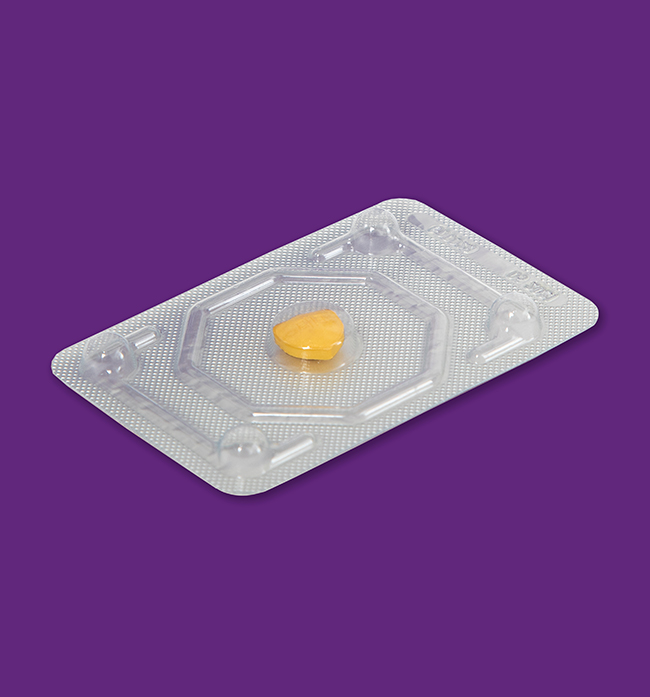
"The methods we use today were invented for a different era of sexual values. I never thought, while reading papers about 'risky' sexual behaviors (especially without a condom), that what I'm experiencing now is the consequences of research based on a mindset from half a century ago." Emily Witt, Future Sex)
Ok, we breathe in, we breathe out, and we imagine a moment of perfect stillness: it might be that moment when you take a hot bath to relieve menstrual cramps , or it might be the moment you take the pill. We're talking about that emergency pill, which you take after the condom breaks; or after the contraceptive method you used failed or after you had unprotected sex on a whim.
Fortunately, all is not lost! Emergency contraception saves the day. And it saves even though when it comes to the "morning after pill" people whisper rather than speak in a normal tone.
A mere mention of emergency contraception comes with the implication that one has been irresponsible, often being a taboo subject. And, as Emily Witt says in her book, the contraceptive methods we use today were invented in an era when sexual behaviors were different. But why is the morning after pill still a topic not talked about? Certainly, this brings with it the risk that the correct information is not accessible and that confusion, rumors and myths multiply.
When is the morning after pill taken?
Emergency contraception in pill form can be taken for up to 120 hours. This means that you can take the pill from the next day up to 5 days after unprotected sex. There are two types of emergency contraception, which contain:
Levonorgestrel. It can be used for up to 3 days and can be taken without a prescription, from any pharmacy
Ulipristal acetate. It can be used for up to 120 hours, and can only be obtained with a prescription

Photo credit: Sophia Moss, Pexels
The morning-after pill is taken to prevent pregnancy when:
You have not used a condom or other contraceptive method
You forgot to take your daily dose of contraceptives, change the contraceptive patch or vaginal ring before intercourse
The condom slipped or broke
The partner did not withdraw in time
You were forced to have unprotected sex
You were "taken" by the wave and forgot about protection
These are just some of the reasons why you can use emergency contraception.
Is the morning after pill dangerous?
Currently, there is no information or scientific studies that correlate the occurrence of certain conditions with the correct use of emergency contraception. In addition, it contains the same substances as regular birth control pills and does not interfere with the ability to get pregnant whenever you want. However, it has a number of side effects that you can read about below.
But if you want a long-term contraceptive method, there are more effective and affordable options with fewer side effects: the pill, the condom, the contraceptive implant, the IUD, the vaginal ring, the patch or the contraceptive injection.
It depends on how long it has been since unprotected sex. The levonorgestrel pill works best in the first 72 hours, while the ulipristal acetate pill works best for up to 5 days.
How does the emergency pill work?
The morning-after pill prevents or delays ovulation (the release of an egg), reducing the chances that the egg will be fertilized.
But it is important to note that the pill cannot stop a pregnancy that has already started. If a fertilized egg has already implanted in the uterus, emergency contraception has no effect on the existing pregnancy acting differently from the abortion pill (prescribed only by a doctor) - also known as medical abortion,
Are there any side effects?
In the short term, yes: nausea, vomiting, dizziness, breast tenderness, migraines or even hypertension. Emergency contraception can also delay your period. However, if it is 3-4 weeks late, it is advisable to take a pregnancy test.
In addition, even if it is very effective in preventing an unwanted pregnancy, it is good not to use the morning-after pill more than twice in a year. And only in cases of extreme emergency, taking into account the effects it has on the body.






















